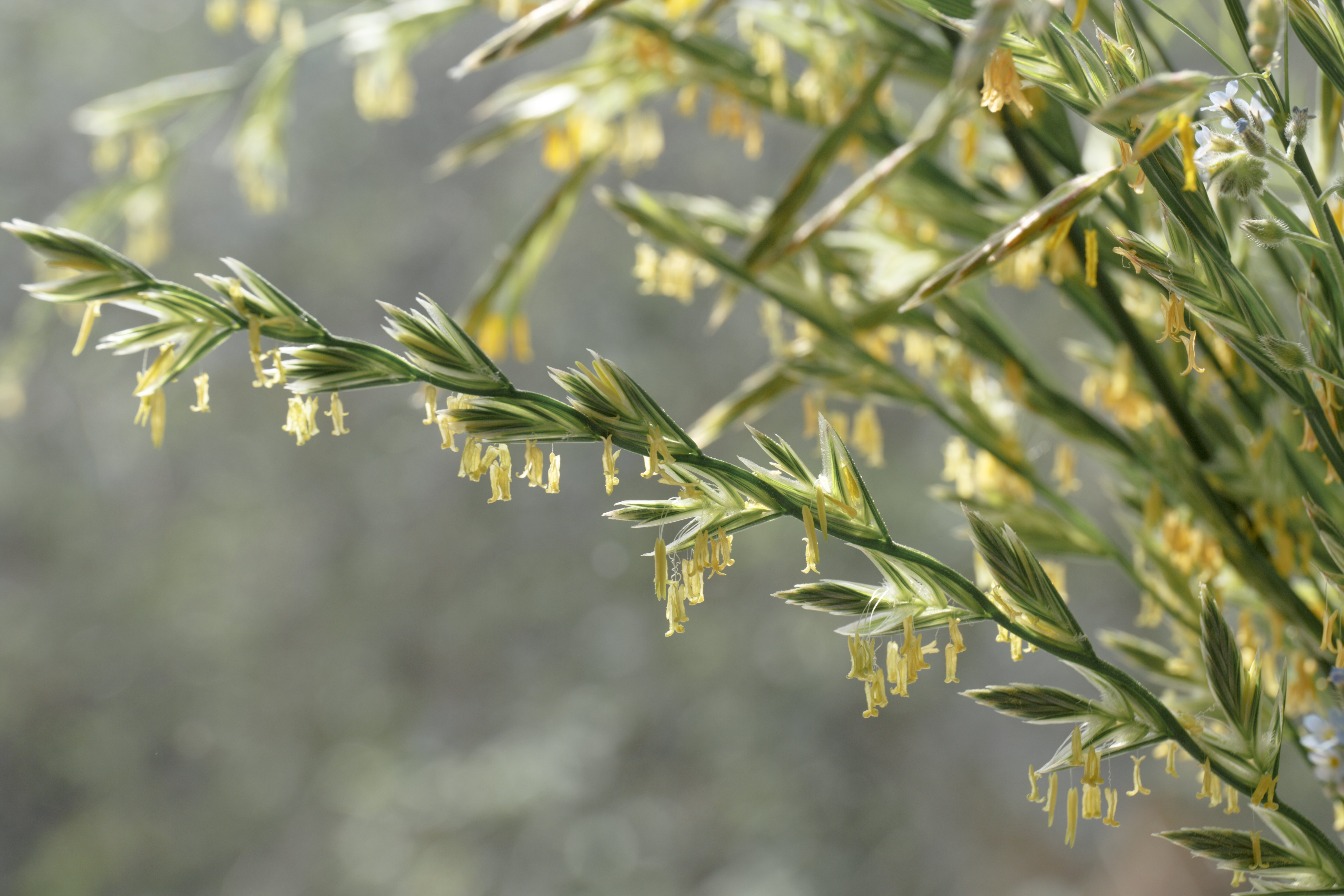
(Vienna, 17-06-2024) Allergy sufferers will once again have to be prepared for pollen count at the Danube Island Festival next weekend, 21-23 June 2024, but can hope for comparatively favourable conditions. Due to the moderate course of the grass flowering so far and the earlier start to the main flowering period, most allergenic grass species have finished flowering. Peak pollen concentrations from other allergenic plants are therefore not expected at present. Visitors who are allergic to ryegrass, reed and bent grasses as well as fungal spores should nevertheless take precautions, recommends MedUni Vienna's Vienna Pollen Service.
In particular, festival visitors "who are affected by the currently relevant allergens and have recently experienced increased symptoms should prepare themselves accordingly and think about medication," says Maximilan Bastl, Head of MedUni Vienna's Pollen Service Vienna, explaining the recommendation.
Even though the main flowering of the grasses is already in its final stage and many allergologically relevant grass species have already finished flowering, individual representatives of this plant may cause problems next weekend. Ryegrass, reed grass and bent grass in particular feel at home on the Danube Island. While ryegrass covers most of the meadow areas on the festival site, reed grass and bent grass tend to be found near the water on the banks of the Danube. As a common meadow inhabitant, plantain could also cause discomfort for people with grass pollen allergies. "Based on our measurements, the plantain pollen season is average," says Maximilian Bastl, explaining the current pollen situation.
The fact that the festival site has been mown over a large area has contributed to an overall localised reduction in pollen count. When the sun is shining, increased pollen count must still be expected locally, although this is mainly to be expected in the mornings for most grasses. In the evening, there is a risk of renewed exposure, as the lack of thermals causes pollen to sink from higher air layers.
Fungal spores measured in large quantities
The measurement results are currently remarkably high for fungal spores, largely underestimated allergens that are also highly relevant in outdoor areas of urban centres. Allergy sufferers should prepare themselves for the Cladosporium genus in particular, but also for Alternaria, before visiting the Danube Island Festival: "Mould fungi have benefited from the increased rainfall in recent weeks, which is why MedUni Vienna's pollen trap is currently showing above-average quantities of fungal spores," reports Maximilian Bastl on the current situation.
Further information:
Pollenservice Wien